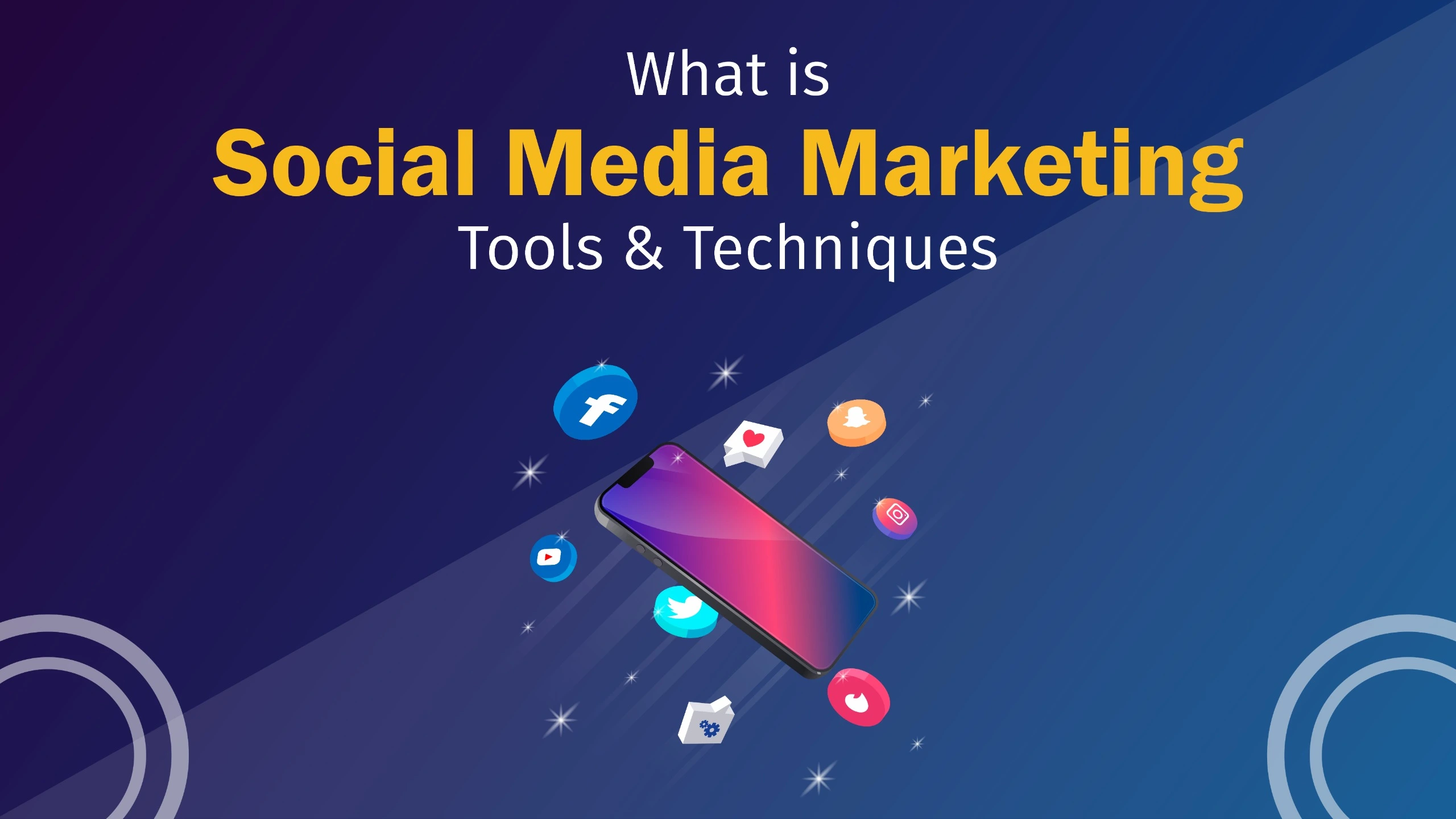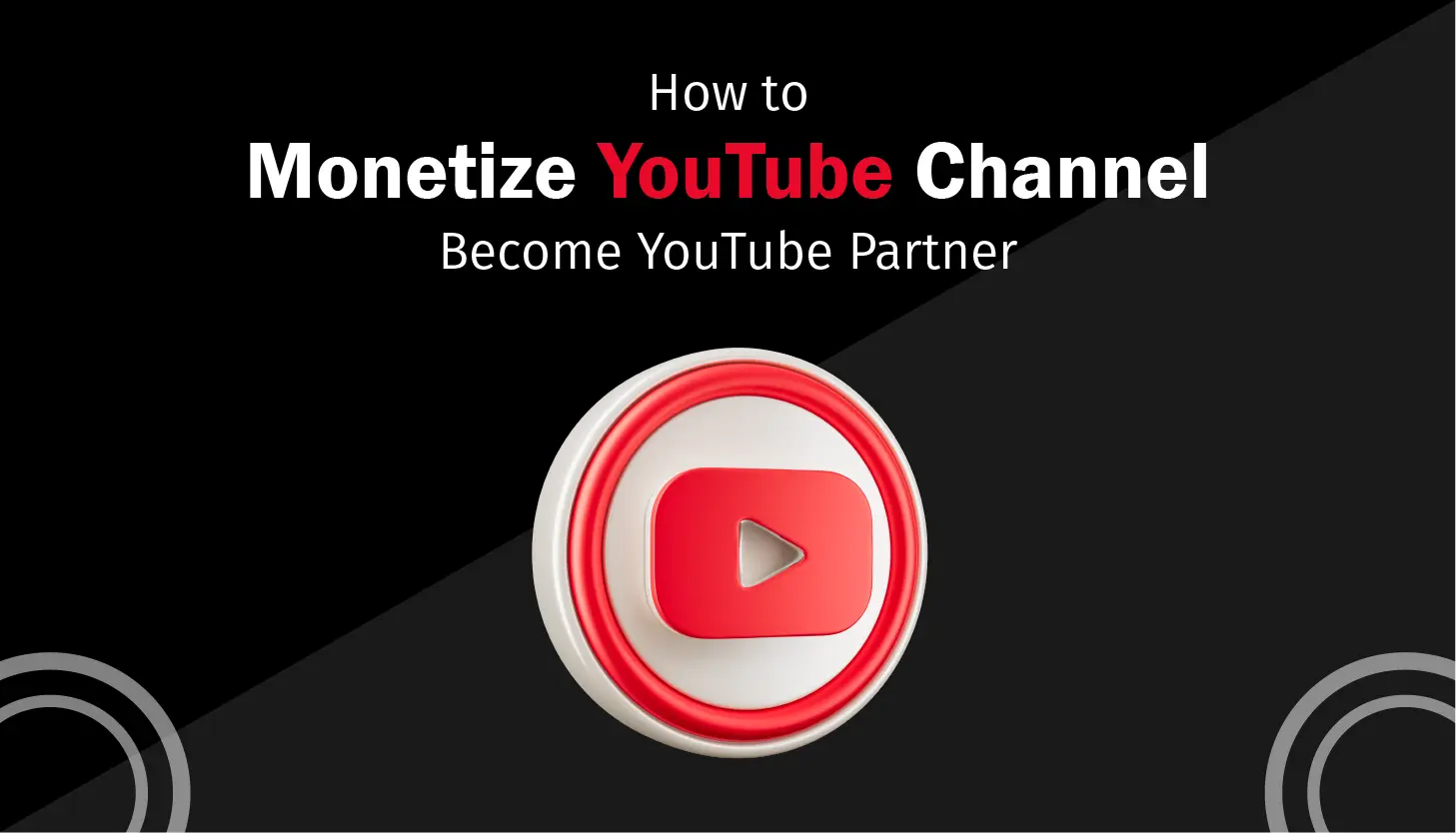Neil Patel, a renowned digital marketing expert, defines SEO as “the practice of improving the rankings of your website or web pages in the organic search results of search engines.” The primary goal of search engine optimization is to increase the visibility and traffic of a website. The visibility gets to the users by achieving higher rankings in search engine results. This can be done through various techniques, such as keyword research, on-page optimization, link building, and content creation.
In today’s digital age, almost everyone uses search engines like Google, Bing, and Yahoo to find information, products, and services. Without proper optimization, a website may not rank high enough to attract potential customers or clients.
Definition: Search Engine Optimization (SEO) is the practice of optimizing a website to improve its ranking on search engine results pages (SERPs). With proper SEO techniques, the website is easily discoverable and understandable by search engines.
Types of SEO
There are three main components of SEO: technical SEO, on-page SEO, and off-page SEO.
- On-page SEO involves optimizing your website’s content, including keyword research, title tags, meta descriptions, and internal linking. By using targeted keywords and relevant high-quality content, you can help search engines to better understand your site and improve its ranking in search results.
- Off-page SEO, on the other hand, involves building backlinks from other websites to your site. Backlinks are important because they act as a vote of confidence for your site. It signals to search engines that your content is valuable and relevant. Off-page SEO also involves social media marketing and other techniques for promoting your site across the web.
- Technical SEO refers to the process of optimizing your website’s technical elements, such as its code, structure, and user experience. This includes improving site speed, fixing broken links, ensuring that your site is mobile-friendly, using schema markup, etc.
Apart from all these terms, you must have heard “Black Hat SEO and White Hat SEO”. So let’s explore both terms and know what it actually means.
What is Black Hat SEO?
Black hat SEO refers to the use of unethical and manipulative techniques to improve a website’s search engine ranking. It includes keyword stuffing, hidden text, cloaking, link farming, and other deceptive tactics. These techniques violate search engine guidelines and result in penalties or even a ban from search engine result pages.
What is White Hat SEO?
White hat SEO, on the other hand, refers to the use of ethical and best practices to improve a website’s search engine ranking. These techniques focus on providing a great user experience, relevant content, and natural backlinks to the website. White hat SEO techniques are in line with search engine guidelines and policies.
Now, it’s time to understand some major SEO terms that will be helpful in understanding search engine optimization better.
Understanding SEO Terms
To fully understand SEO, it’s essential to familiarize yourself with some of the most commonly used SEO terms. Here are some of the most important ones:
- Keywords: These are words or phrases that people use to search for information on search engines. For example, if you’re looking for a new laptop, you might search for “best laptops for 2023” or “cheap laptops under $500.”
- On-page optimization: This refers to the practice of optimizing various elements on a website, such as meta tags, headers, images, and content.
- Off-page optimization: It refers to the optimization of external factors that affect your website’s ranking. This includes things like building backlinks to your website from other reputable websites.
- Link building: It involves getting other websites to link back to your site, which signals to search engines that your content is valuable and authoritative. It is a practice of off-page SEO.
- Content creation: Creating high-quality, relevant, and engaging content that attracts and retains website visitors.
- SERP: Short for Search Engine Results Page, this is the page that appears after a user enters a search query on a search engine. The goal of search engine optimization is to get your website to appear as high as possible on these pages.
- Organic traffic: The traffic that comes to your website from search engines, without paying for advertising is known as organic traffic.
- In-organic traffic: It refers to the traffic to a website from sources other than organic search engine results. This can include paid search ads, social media ads, referral links, direct searches, or other types of paid promotions.
There are various techniques and strategies that search engine professionals use to improve website ranking and visibility.
Benefits of Search Engine Optimization
After understanding the various concepts of SEO, let’s take a look at the benefits that it offers. SEO has numerous benefits for businesses of all sizes, including:
- Increased visibility: SEO can help your website appear higher on search engine results pages, making it more visible to potential customers.
- Improved user experience: It helps you to optimize your website for a better user experience, making it easier for visitors to find the information they need.
- Higher conversion rates: By attracting more targeted traffic to your website, SEO can increase your chances of converting visitors into customers.
- Cost-effective: Search engine optimization is often less expensive than other forms of online marketing, such as paid advertising.
- Long-term results: Unlike paid advertising, SEO can have long-term benefits that continue to drive traffic to your website even after the initial optimization is done.
“What is Golden Rule for SEO”
The golden rule of search engine optimization is to create high-quality, relevant, and useful content that satisfies the search intent of the user. This means that the content on a website should provide value to the user by answering their query, providing helpful information, or solving their problem.
Conclusion
Search engine optimization is an important component of digital marketing that can help businesses of all sizes increase their visibility. By understanding the basic principles of SEO and the most important SEO terms, businesses can begin to optimize their website. With this, they can increase and achieve higher rankings on search engine result pages.
Frequently Asked Questions
Q. What is the most important factor in SEO marketing?
Ans. The most important factor in SEO marketing is providing high-quality and relevant content that meets the needs of the target audience. Search engines aim to provide the best results for users’ search queries, so they prioritize websites that offer valuable and useful information.
Q. What 4 pillars are important in SEO?
Ans. In general, there are 4 important pillars or components of SEO that contribute to a successful search engine optimization strategy i.e., Technical SEO, On-page SEO, Off-page SEO, and Quality content.
Q. How long does it take for SEO to work?
Ans. The time it takes for SEO to work and produce measurable results can vary greatly depending on a number of factors. It includes the competitiveness of the industry, the quality and quantity of the content on the website, the level of optimization, and the strategies being used.

Amrita Yadav is a skilled digital marketing specialist who has been working in the industry for the past 2.5 years. She holds a Bachelor’s degree in Computer Science, Master’s in Marketing, and has gained extensive experience in various aspects of digital marketing, including search engine optimization, social media marketing, email marketing, and content marketing. She has a deep understanding of audience behavior and uses data-driven insights to develop effective marketing strategies that drive business growth.




